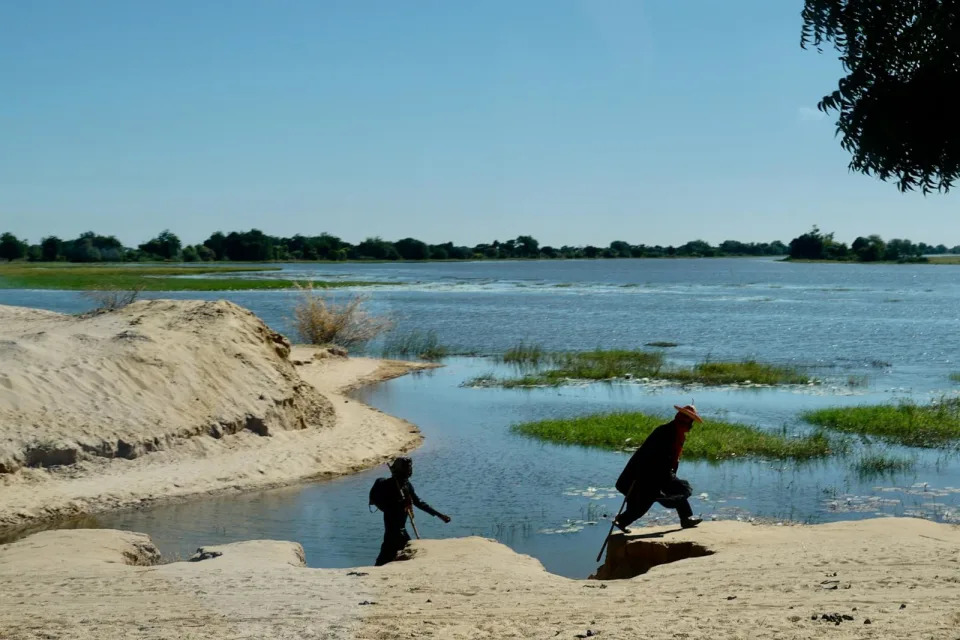AFP
Tue 24 September 2024

Aung San Suu Kyi, 79, is serving a 27-year prison sentence on charges ranging from corruption to not respecting Covid pandemic restrictions (Vincenzo PINTO) (Vincenzo PINTO/AFP/AFP)
Pope Francis has offered refuge on Vatican territory for Myanmar's detained former leader Aung San Suu Kyi, Italian media said on Tuesday.
"I asked for the release of Aung San Suu Kyi and I met her son in Rome. I have proposed to the Vatican to give her shelter on our territory," the pope said, according to an account of his meetings with Jesuits in Asia during a trip there earlier this month.
The Corriere della Sera daily published an article by Italian priest Antonio Spadaro that provided extracts from the private meetings, which took place in Indonesia, East Timor and Singapore between September 2 and 13.
"We cannot stay silent about the situation in Myanmar today. We must do something," the pope is reported as saying.
"The future of your country should be one of peace based on respect for the dignity and rights of everyone and respect for a democratic system that enables everyone to contribute to the common good."
Suu Kyi, 79, is serving a 27-year prison sentence on charges ranging from corruption to not respecting Covid pandemic restrictions.
Rights groups say her closed-door trial was a sham designed to remove her from the political scene.
AFP was unable to reach a junta spokesman for comment on the reported offer from Pope Francis.
Suu Kyi's son Kim Aris told AFP he was sure his mother would be grateful for the offer.
"I am sure that Maymay would express her gratitude to Pope Francis for urging the military junta to release her and his proposal to the Vatican to offer her refuge," he said, using a Burmese word for mother.
"Nonetheless, I am doubtful that the junta would take such a request into account, as they remain fearful of Maymay's popularity among the Burmese people, even from outside of the country."
In 2015 Suu Kyi's National League for Democracy won Myanmar's first democratic election in 25 years.
The military arrested her when it staged a coup in 2021 and she is said by local media to be suffering health problems in detention.
The 1991 Nobel Peace laureate was once hailed as a beacon for human rights.
But she fell from grace among international supporters in 2017, accused of doing nothing to stop the army persecuting the country's mainly Muslim Rohingya minority.
The crackdown is the subject of an ongoing United Nations genocide investigation and persecution continues, according to Rohingya refugees in neighbouring Bangladesh.
Suu Kyi remains widely popular in Buddhist-majority Myanmar, which has been in turmoil since the 2021 coup, with the junta fighting both established ethnic rebel groups and newer pro-democracy forces.
cmk/gab/gil/yad/rma/gv






































